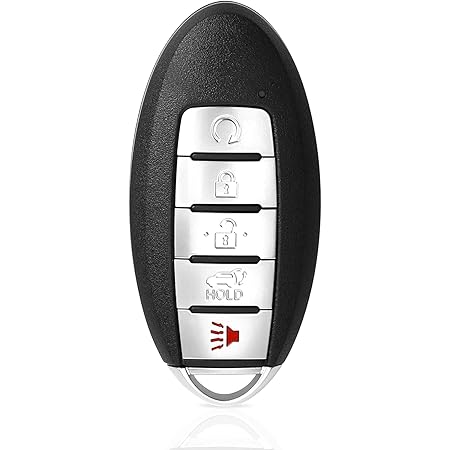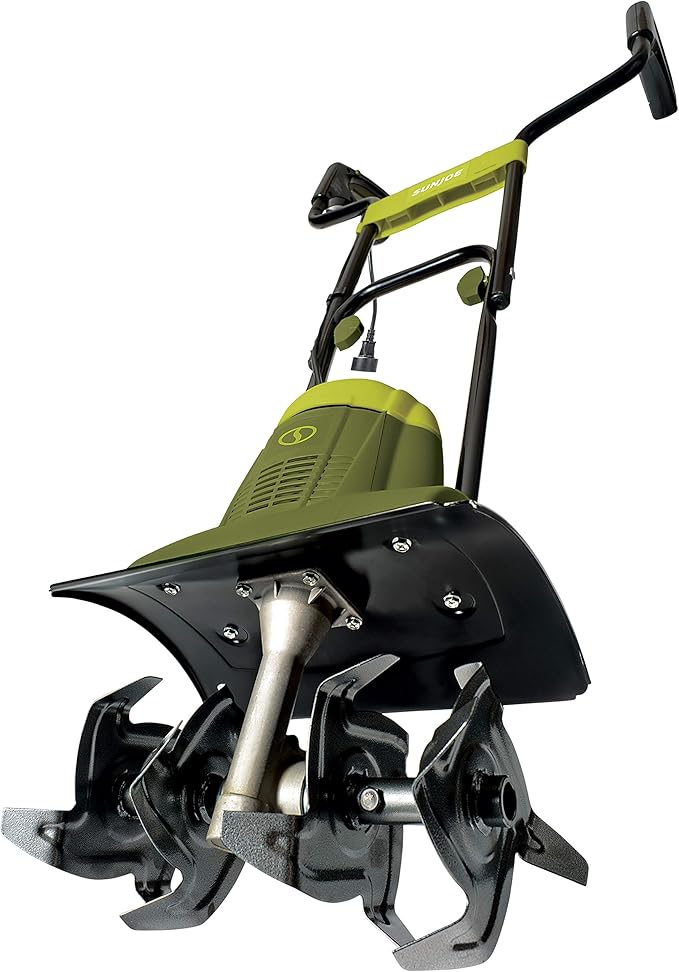In gardening and agriculture, understanding soil moisture levels is crucial for the health of plants. Overwatering or underwatering can lead to various problems, including root rot, stunted growth, and even plant death. A moisture tester can help you take the guesswork out of watering. This guide will provide valuable insights on how to choose the right moisture tester for your plants, ensuring they thrive in their environment.
Understanding Soil Moisture
Soil moisture refers to the amount of water contained in the soil. It plays a vital role in plant growth, as it affects nutrient availability and plant metabolism. Different types of plants have varying moisture requirements, making it essential to accurately gauge soil moisture levels. Here are some key points to consider:
- Types of Plants: Some plants, like succulents, prefer drier soil, while others, like ferns, thrive in consistently moist conditions.
- Soil Type: Sandy soils drain quickly and may require more frequent watering, whereas clay soils retain moisture longer.
- Weather Conditions: Seasonal changes and local climate can significantly affect soil moisture levels.
Types of Moisture Testers
There are several types of moisture testers available on the market, each with its unique features and benefits. Here’s a breakdown of the most common types:
1. Analog Soil Moisture Meters

These are simple devices that use a needle gauge to indicate moisture levels. They are typically affordable and easy to use, making them a good choice for beginners.
- Pros: Low cost, no batteries required, straightforward readings.
- Cons: Can be less accurate than digital meters, not suitable for deep soil measurements.
2. Digital Soil Moisture Meters
Digital testers provide more precise moisture readings and often come with additional features such as temperature readings and pH levels. They are ideal for serious gardeners and agricultural professionals.
- Pros: High accuracy, multiple measurements, easy-to-read digital displays.
- Cons: More expensive, may require batteries, and can be more complex to operate.
3. Soil Probes

Soil probes are long, rod-like devices that measure moisture at various depths. They are especially useful for large gardens or farms where you need to assess moisture levels at different soil depths.
- Pros: Depth measurement, ideal for large areas, often more durable.
- Cons: Higher price point and may require more effort to use.
4. Capacitance Sensors
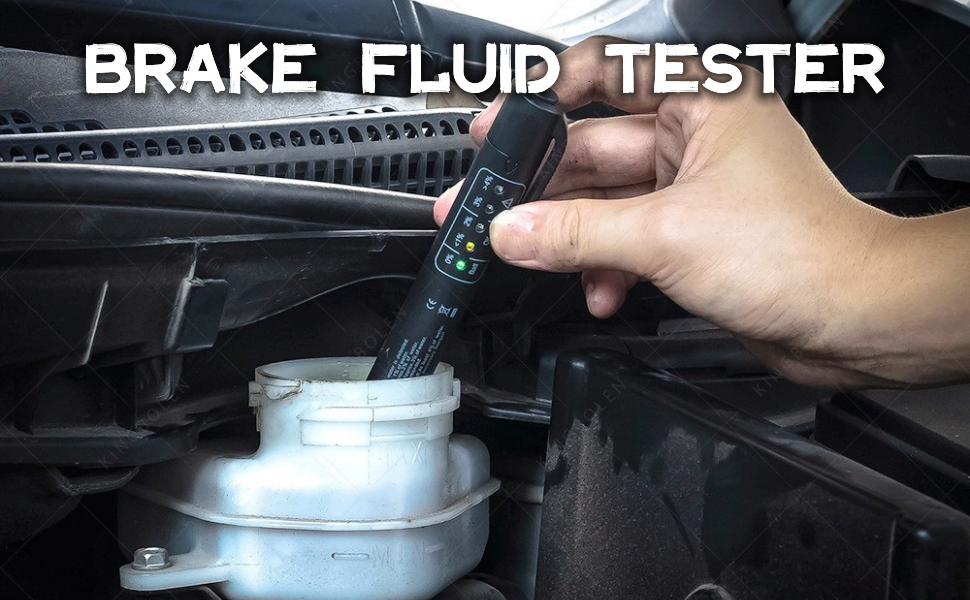
These advanced devices use electrical resistance to measure moisture levels and can provide real-time data through smartphone apps, making them ideal for tech-savvy gardeners.
- Pros: Real-time data, app integration, highly accurate.
- Cons: Higher cost and may require technical knowledge to operate efficiently.
Factors to Consider When Choosing a Moisture Tester
When selecting a moisture tester for your plants, consider the following factors:
1. Plant Type
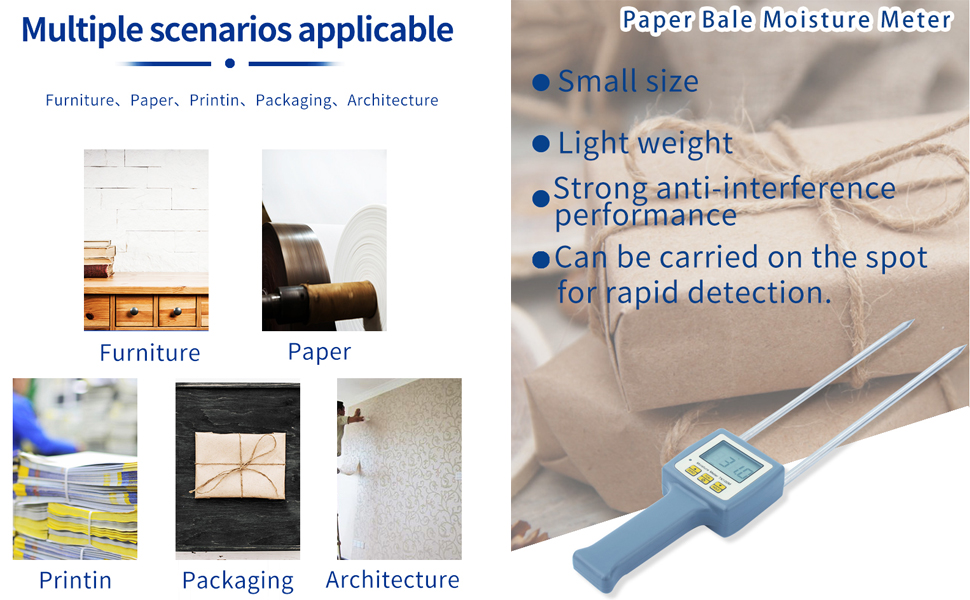
Different plants have varying moisture needs. For instance, a moisture tester suitable for a succulent garden may not be appropriate for a vegetable garden. Assess the specific requirements of your plants before making a purchase.
2. Soil Composition
Your soil type will also influence your choice of moisture tester. If your soil is sandy, you may need a tester that can accurately measure rapid moisture loss, whereas clay soils may require a device that can assess deeper moisture levels.
3. Usage Frequency
Consider how often you will use the moisture tester. If you are a casual gardener, a simple analog meter may suffice. However, if you are managing a large garden or farm, investing in a digital or capacitive sensor might be more beneficial.
4. Budget
Moisture testers can range from very affordable to quite expensive. Set a budget before shopping to narrow down your options. Keep in mind that while cheaper models may save you money upfront, they may lack durability or accuracy in the long run.
5. Ease of Use

Some testers are more user-friendly than others. If you’re new to gardening, opt for a model that is straightforward and easy to operate without requiring extensive technical knowledge.
Case Study: The Impact of Soil Moisture on Plant Health
A study conducted by the University of California found that using moisture testers could significantly improve crop yields. For example, farmers using digital moisture meters were able to reduce water usage by 30% while increasing tomato yields by 20%. This highlights the importance of accurate moisture readings not just for home gardeners but also in commercial agriculture.
Top Moisture Testers on the Market
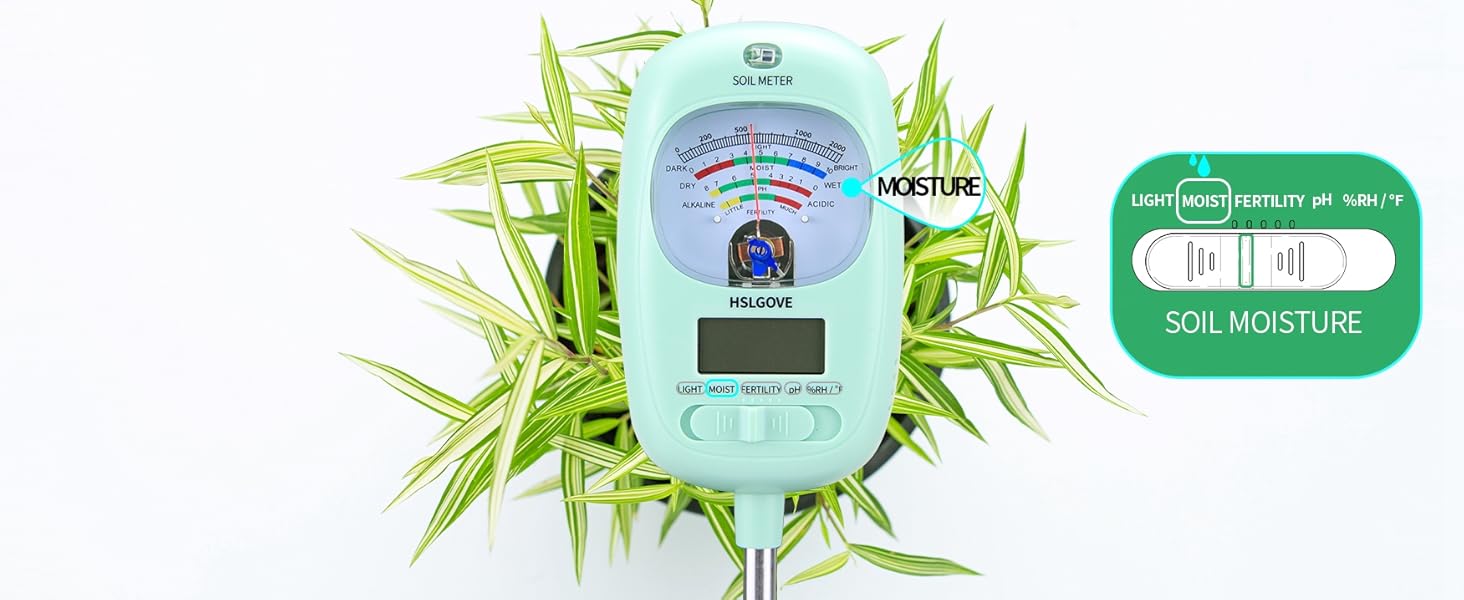
Here are some of the best moisture testers currently available, based on customer reviews and expert recommendations:
- Gardena Soil Moisture Sensor: Known for its reliability and accuracy, this digital meter provides readings for both moisture and temperature.
- Sonkir Soil pH Meter: This three-in-one device measures moisture, pH, and light levels, making it versatile for various gardening needs.
- Dr.meter Soil Moisture Meter: An affordable analog option that is easy to use, perfect for beginners.
- Moisture Meter by Luster Leaf: Known for its accuracy and durability, it’s a favorite among both novice and experienced gardeners.
Maintenance and Care of Your Moisture Tester
To ensure the longevity and accuracy of your moisture tester, follow these maintenance tips:
- Keep the sensor clean and free from soil debris.
- Store it in a dry place when not in use, especially digital meters to prevent battery drain.
- Regularly calibrate your device according to the manufacturer’s instructions.
Choosing the right moisture tester is essential for maintaining healthy plants and optimizing water usage. By understanding the different types of moisture testers, considering factors such as plant type, soil composition, and usage frequency, you can make an informed decision that best suits your gardening needs. Remember, investing in the right tool can lead to healthier plants, increased yields, and a more sustainable approach to gardening. Whether you are a novice gardener or a seasoned horticulturist, the right moisture tester is an invaluable ally in your gardening journey.


